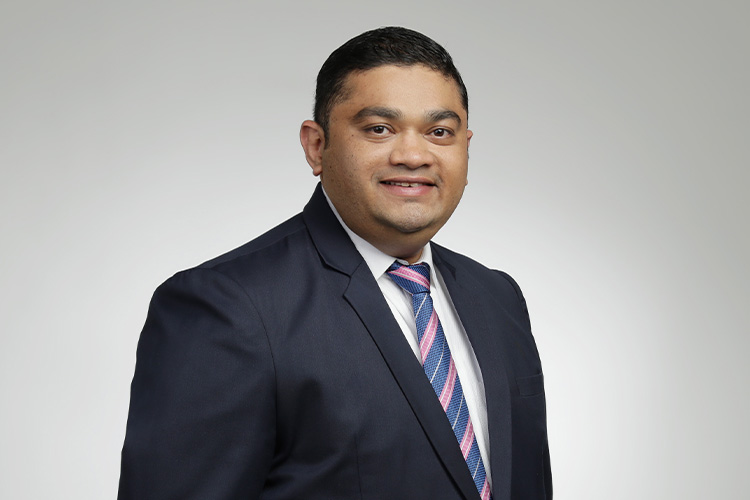

Freejo Francis, HOA Manager, PID Owners Association Management, speaks to REM Times on the company’s commitment to pioneering sustainable practices
November 24, 2023 | Megha S Anthony | UAE | Community Management

In the dynamic landscape of community management, the call for sustainability has become not just a buzzword but a driving force behind transformative initiatives. In this interview, we sit down with Freejo Francis, HOA Manager, PID Owners Association Management, to unravel the layers of their commitment to pioneering sustainable practices within the communities they oversee.
Freejo sets the tone by emphasising the profound impact the community management industry can have on the environment. He notes, “The community management industry can make a significant contribution to sustainability by adopting initiatives that reduce their environmental footprint, conserve resources, and promote a healthier planet.” As we delve into the conversation, it becomes clear that PID OAM's approach to sustainability extends far beyond mere compliance, aiming to create a holistic and enduring model for community well-being.
Hesham Alghaith, General Manager, PID OAM
PID OAM not only recognises the importance of sustainability but actively seeks to instill this ethos within the communities it manages. Freejo sheds light on the proactive educational strategies employed by PID OAM, from newsletters and notices to engaging community events like the Green Run, Earth Hour, Bicycle Day, and Recycling e-waste campaigns. The aim is not just awareness but genuine inspiration, encouraging residents to adopt eco-friendly practices and integrate sustainability into their daily lives.
Freejo touches upon the details of the implementation of cutting-edge technologies and green infrastructure initiatives aimed at minimising ecological footprints. The integration of LED bulbs, solar panels, smart thermostats, and other advanced systems showcases PID OAM's dedication to staying at the forefront of sustainable community management. The introduction of innovative solutions such as Biogent for mosquito control and bio-catalytic compositions (BOCs) for lake water treatment further underscores PID's commitment to pushing the boundaries of sustainable living. “We are the first community in Dubai to introduce the Biogent – an eco-friendly mosquito repellent system that uses a targeted approach to control mosquitoes without using any toxins, making it harmless for humans, pets, and beneficial insects. The BOCs are used to treat the lake water using new technology which contains no bacteria and is completely nontoxic and biodegradable. These initiatives demonstrate our commitment to sustainability and reducing our carbon footprint,” he adds.
Waste management emerges as a pivotal aspect of PID OAM's sustainability strategy. Freejo outlines the company's top-tier waste management practices, including recycling programmes, waste segregation, and targeted educational campaigns like the e-waste initiative. “Every villa in the community is provided with separate recycling bins, in addition to the general waste collection bin. Educational campaigns, such as the e-waste campaign, are organised to encourage residents to dispose of their electronic waste safely. Also, recycling cages are installed specifically for the collection of cardboard waste. Lastly, community engagement is encouraged via events to promote a culture of environmental responsibility among residents,” he explains.
Sustainability is a collaborative effort, and PID OAM understands the significance of partnerships. Freejo articulates, “We collaborate with local authorities, service providers, and suppliers to enhance sustainable practices within our communities.” He also explores how PID actively engages with various stakeholders, complies with regulations, seeks grants for sustainability projects, and fosters partnerships with eco-friendly suppliers. This collaborative spirit amplifies the impact of PID's sustainability initiatives, creating a ripple effect that extends beyond the community borders.
It becomes evident that their commitment to sustainability goes beyond rhetoric, embodying a transformative approach that not only manages communities but shapes them into beacons of environmental responsibility.